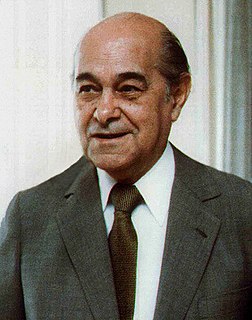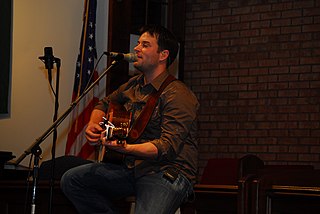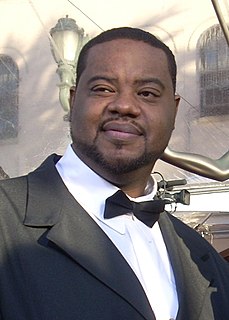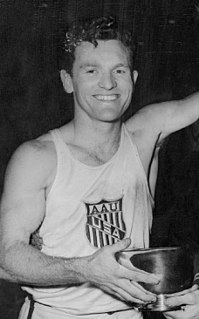A Quote by Deb Caletti
It was all the things you could never understand and could never possess that made you ache.
Related Quotes
I believed even then that if I could transform my experience into poetry I would give it the value and dignity it did not begin to possess on its own. I thought too that if I could write about it I could come to understand it; I believed that if I could understand my life—or at least the part my work played in it—I could embrace it with some degree of joy, an element conspicuously missing from my life.
I could never work out whether we were to view religion as a life-insurance policy or a life sentence. I can understand a wrathful God who'd just as soon dangle us all from a hook. And I can understand a tender, unprejudiced Jesus. But I could never quite feature the two of them living in the same house. You wind up walking on eggshells, never knowing which... is at home at the moment.
I've been writing poems since I was in the Navy - to Rosalynn. I found I could say things in poems that I never could in prose. Deeper, more personal things. I could write a poem about my mother that I could never tell my mother. Or feelings about being on a submarine that I would have been too embarrassed to share with fellow submariners.
There are many people who could be Olympic champions. All-Americans who have never tried. I'd estimate more than 5 million people could have beaten me in the pole vault the years I won it... at least 5 million. Men that were stronger, bigger and faster than I was could have done it, but they never picked up a pole, never made the feeble effort to pick their legs off the ground trying to get over the bar.
That, they never could lay their heads upon their pillows; that, they never could tolerate the idea of their wives laying their heads upon their pillows; that, they never could endure the notion of their children laying their heads upon their pillows; in short, that there never more could be, for them or theirs, any laying of heads upon pillows at all, unless the prisoner's head was taken off.
...there's never a garden in all the parish but what there's endless waste in it for want o' somebody as could use everything up. It's what I think to myself sometimes, as there need nobody run short o' victuals if the land was made the most on, and there was never a morsel but what could find it's way to a mouth.





































